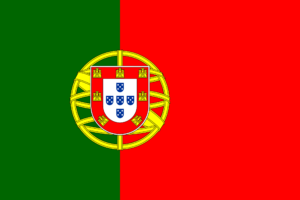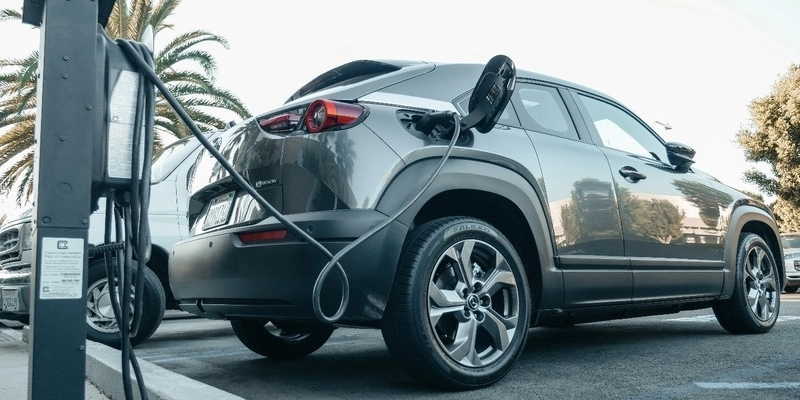In 2023, the Portuguese Environmental Fund allocated ten million euros for the acquisition of Zero Emission Vehicles (ZEVs), as well as announced support for scrapping vehicles older than 2007.
Following the recent communication that this expenditure is not included in the financial plan, Manuel Reis, Vice President of the Board of Directors of the Association of Electric Vehicle Users (UVE), tells Mobility Portal Europe:

“We believe there is a reserved budget in the Fund that could be used for this, so it is only a matter of political will to implement it.”
At the same time, he highlights that, as a consequence, they are observing a “slowdown in the growth rate of sales of new electric vehicles (EVs)”.
According to data published by the Automobile Association of Portugal (ACAP), in May there was a 6.8 per cent decrease compared to the same month in 2023, with the registration of 3,147 new passenger cars.
While sales of electrified light commercial vehicles recorded a negative evolution of 33.7 per cent in the fifth month of 2024 compared to last year, standing at 118 registered units.
It is important to note that the Portuguese have been acquiring zero-emission cars since the beginning of the year, relying on statements from the Government and the former Minister of the Environment, who confirmed the existence of the incentive.
As reported, the Administration is reconsidering priorities regarding support for the purchase of EVs, as they will be subject to review.
The Ministry of the Environment is evaluating the financing protocols of the Fund for this year, which were developed by the previous term, and will make the necessary changes.
This is because revenues for 2024 were already practically committed when the Government of Luís Montenegro took office, the Jornal de Notícias reported.
According to this, only 3.5 per cent of the funds were available when the current Administration took office, corresponding to 64.3 million euros.
In this context, UVE is unaware of the review being carried out by the current authority regarding the incentives, but categorically rejects any changes to what is established in the State Budget for 2024 (OE2024).
Application forms are usually available on the Environmental Fund’s website in the first months of the year, but so far they have not been published.
The Association points out that it is already starting to be late not to have the applications open.
“We do not consider the possibility of a setback at this stage, not even a scenario in which these two incentive programs are not implemented with the utmost urgency,” it states in its communication.
Meanwhile, Manuel Reis maintains that the Government argues that it is solely a budgetary issue and not a matter of policy.
And he adds: “We will do everything possible to explain to them that the incentives must continue.”
Not only that, but UVE also seeks to convince the authorities that all new vehicles for the public entities fleet should be electric.
They argue that this is not only the right choice from an environmental and Total Cost of Ownership (TCO) perspective, but also to set an example for other potential buyers.
“Seeing more EVs on the road is the best advertising for the late adopters, who are always more conservative with new technologies,” Reis emphasizes.
How is the transition to electric vehicles progressing in Portugal?
“We are maintaining a fast pace, with a current market share of EVs approaching 30 per cent, which represents an increase of over 20 per cent compared to last year,” details the Vice President of the Board of Directors of UVE.
A “solid and coherent” set of purchase incentives, especially for companies, has been crucial for the steady growth since 2015, when the aids were introduced.
This investment is complemented by the creation of a central network of public fast chargers.
“With this explosive growth, we are now feeling some degradation in the proportion of public chargers compared to the number of cars in circulation,” Reis maintains.
This delay is due, in part, to the fact that in some locations, devices take more than a year to enter service because of electrical supply issues and administrative procedures.
Nevertheless, Portugal continues to position itself above the target of the European Alternative Fuels Infrastructure Regulation (AFIR).








